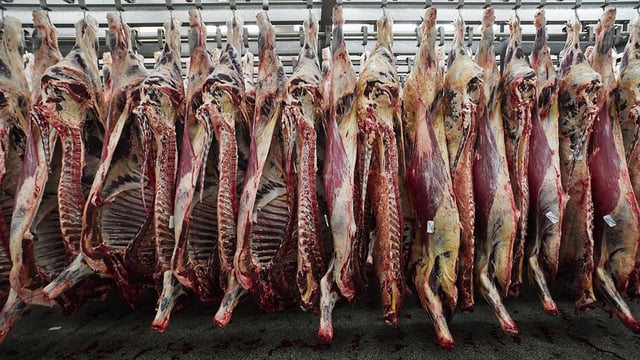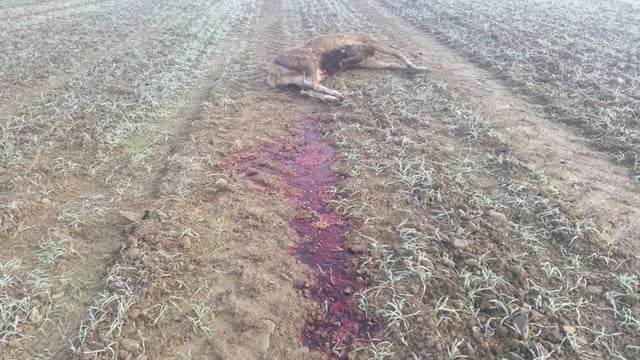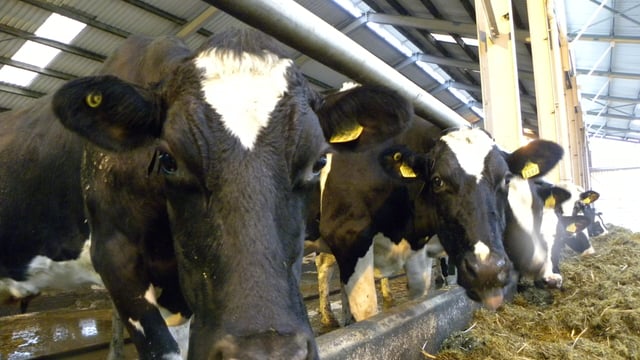'Irish agri-food sector needs state aid supports to protect against Brexit risks'
The Government and the European Commission have been called on to put in place a comprehensive package of measures to protect viable businesses and jobs during the Brexit process, by Food and Drink Industry Ireland.
The Ibec group has said the increased likelihood of a hard and disruptive Brexit, and a fracture of the single market demands a series of exceptions from EU state aid rules for the Irish agri-food and drink sector.
A new report by FDII has set out the case for exceptional support for the sector in order to maintain and sustain economic activity and jobs.
It says that the scope of the supports should not be restricted to SMEs and such state aid supports should be targeted as follows:
- Enterprise Stabilisation – Short term measures to allow the Irish Government to introduce enterprise stabilisation measures.
- Investment in Competitiveness – Medium term measures to allow the Irish Government to introduce investment aids to support Irish food and drink companies invest in enabling technology, plant renewal and expansion, refinancing, market development and innovation to regain competitiveness following single market fracture.
- Diversification – Trade support measures including export trade financing and export credit guarantees to support the continued development of international export markets.
Exposure of the Irish agri-food sector
The UK is Ireland’s largest trading partner for food and drink, with Ireland being the UK’s largest supplier of food and drink.
Some 41% of Irish food and drink exports go to the UK, which FDII estimates is worth in the region of €4.4 billion.
However, the deeply entwined trading relationship is about more than exports, FDII has said, with the aggregate transaction values between the Republic and UK equating to €9 billion.
This comprises of:
- Exports to UK – €4.4 billion
- Imports from UK – €3.5 billion
- Cross border – €1 billion plus
FDII has estimated that on average, 45% of Irish agri-food and drink output is traded/impacted by UK/Sterling.
An analysis of the historical exchange rate and agri-food and drink export relationship by FDII shows that a 1% weakness in Sterling results in a 0.7% drop in Irish exports to the UK.
FDII Director Paul Kelly said that he Irish agri-food and drink sector is uniquely exposed.
“There is a compelling case for exceptional state aid support to minimise the economic fallout and job losses. Already the currency squeeze is putting intense strain on exporters.
“This pressure is likely to intensify as the challenges and economic costs of a hard Brexit crystallise.”
The hardening of EU and UK negotiating positions mean we must plan for a very difficult Brexit process and the high possibility of a divisive outcome.
Kelly said that the industry is deeply integrated into the wider economy and its broad geographic footprint means the regions are particularly exposed to any shock to the sector.
“In the short term, the objective must be to put in place mitigating measures to help companies manage their businesses through on-going currency shifts and during exit negotiations.
“The medium term focus must be on maintaining markets in the UK, developing other markets and ensuring that in the domestic market, companies remain competitive against imports and the threat of cross-border shopping.”










